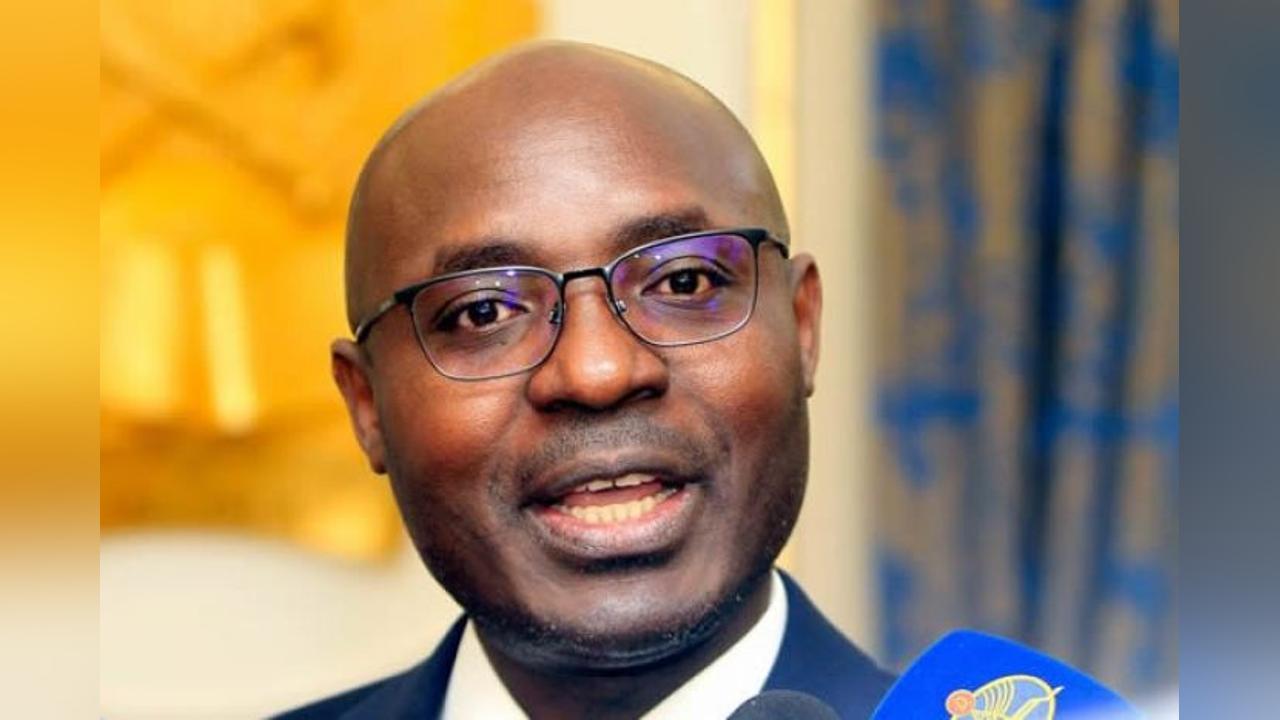Africa-Press – Angola. Angolan activist and journalist Rafael Marques criticizes Angolan President João Lourenço for not yet providing explanations to the country about the “public security crisis” in Luanda and holds him responsible for the situation in the country.
“A few days ago, the President was still demonstrating that he is in control of the situation, that he has the power to rule, that he decides who will be his successor, and that he does everything. And now we see that neither the President of the Republic nor members of his entourage have come forward to explain what is happening in the country,” Rafael Marques told Lusa news agency.
“The only person who seems to have a head to think in this country is the President, who doesn’t know how to govern and is extremely incompetent. He has surrounded himself with people just as incompetent, and nothing works in this country. This is why we have a real public security crisis right now in Luanda, where, with basic acts of vandalism, it has been possible to isolate the center of Luanda from the city and transform the peri-urban areas, the outskirts of Luanda, into zones of vandalism,” he said.
The “public security crisis,” marked by violent protests, coincided with a taxi operators’ strike and demonstrations against the rising cost of living called for Monday, Tuesday and today in the Angolan capital.
At least five people, including a police officer, died and 1,214 were arrested following protests that began Monday in Luanda, according to what was announced Tuesday night by the spokesman for the General Command of the Angolan Police, Mateus Rodrigues.
Rafael Marques also criticizes the lack of dialogue, considering that Angola is “a country where there is no dialogue between the government and civil society, and where people increasingly harbor an antagonism, an undisguised antagonism against the President’s belligerence, against his heart of stone. This can only be the result.”
The activist fears that the situation could worsen “because now people realize the weaknesses of the regime itself.”
“They issue institutional announcements, and no one takes to the streets to calm the population. And right now, Luanda is basically at a standstill, paralyzed. The country’s capital is paralyzed. Shops are closed, public services, everything is closed. What’s more, it’s an act that’s basically part of a taxi drivers’ strike, with every right they had, because this measure by the President was completely ill-considered,” he emphasizes, referring to the end of fuel subsidies without the decision being accompanied by measures to mitigate their effects.
Rafael Marques recalls that, in the past, he warned about this situation.
“These increases [in fuel prices] should be accompanied by the provision of a functional public transportation network. The President, in recent years, has spent nearly $800 million (€700 million) purchasing buses for public transportation, and most of these buses were handed over to members of the MPLA [party in power since independence in 1975], to companies owned by people associated with the government, who then put them into private services, or kept the buses, and hundreds of buses were kept in parking lots for MPLA campaigns,” he accuses.
The result, he reinforces, is that João Lourenço “does not reduce public spending, he increases public spending (…) and he thinks that the people must continue to suffer in silence because he has a heart of stone”.
“And people are fed up with this, I mean, he’s provoking a rebellion against his power. Because of his insensitive acts. He doesn’t know how to govern,” he reiterates.
Rafael Marques also accuses João Lourenço of using public funds “as if they were from his personal bank account.”
“Governance only serves his personal whims. And that’s not how you govern a country. Just look at how he does it: a large portion of the country’s money goes to simplified contracting and direct awarding, where he doesn’t give a damn about anything, doesn’t explain anything to anyone. In other words, he uses and disposes of state resources as if they were from his personal bank account. Basically, he really thinks that state resources are resources that are in his pocket,” he assesses.
For Angola to be “a functional country and put an end to this model of misgovernance,” it is important to “start thinking about and discussing the post-Lourenço transition,” he argued.
Regarding the role of the police in this “public security crisis”, Rafael Marques advises João Lourenço not to think about solving the problem through violence.
“Because it can have a boomerang effect,” he warns.
When asked about the inorganic nature of the protests and the MPLA’s difficulty in establishing dialogue, Rafael Marques responded that the ruling party “does not have to talk to inorganic movements.”
“The MPLA must engage with society. And how does the MPLA engage with society? Through its institutions. Through accountability. Through the presentation of effective public policies,” he explains.
angola24
For More News And Analysis About Angola Follow Africa-Press






